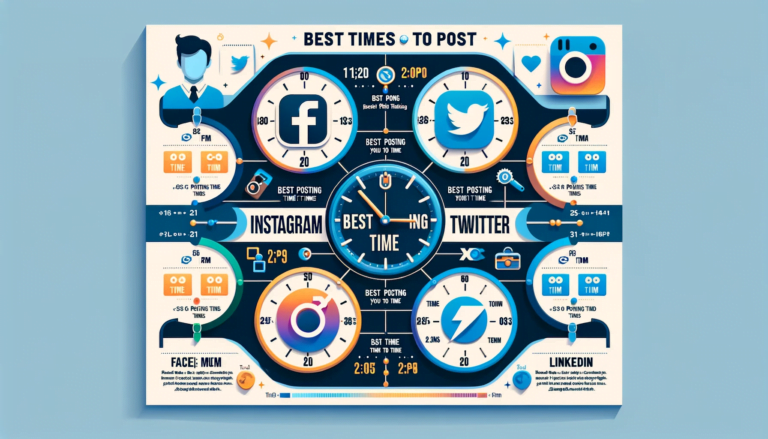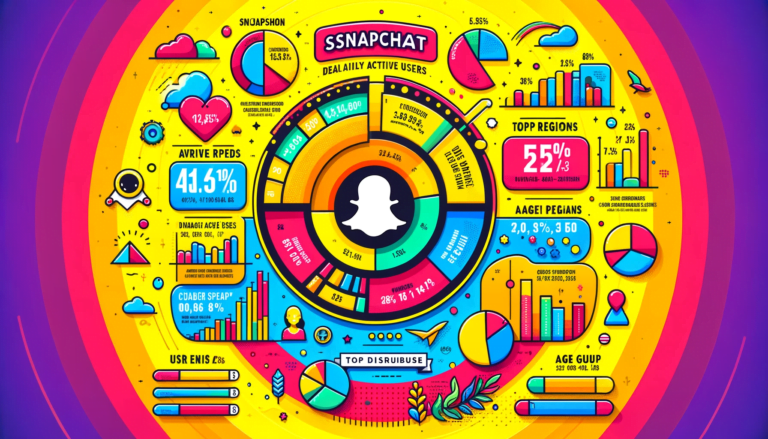Facebook Groups vs. Pages
In today’s digital landscape, Facebook remains a powerhouse for connecting people – whether it’s businesses reaching out to their customers or communities coming together over shared interests. Navigating Facebook’s features effectively can significantly impact your online presence and engagement. This article dives deep into the nuances of Facebook Groups and Pages[Facebook Groups vs. Pages], offering insights to help you choose the right platform for your goals.
Understanding Facebook Groups
What are Facebook Groups?
Facebook Groups are designed as a space for people to connect and share their interests. Think of them as virtual meeting rooms where individuals with common interests come together. Groups can be public, private, or secret, providing varying levels of accessibility and privacy.
Features and Benefits of Using Groups
- Community Building: Groups are excellent for creating a sense of community. They foster discussions and allow members to share thoughts, ideas, and experiences.
- Engagement Tools: Features like polls, live videos, and discussion threads encourage active participation.
- Privacy Options: Depending on the group’s purpose, administrators can choose between public, private, or secret settings to control visibility and access.
Also Read:- Evolution of Facebook’s Algorithm
Also Read:- Facebook Advertising Strategies
Exploring Facebook Pages
What are Facebook Pages?
Facebook Pages serve as the official profiles for entities like businesses, organizations, and public figures. They are the go-to place for entities looking to establish their presence on Facebook and connect with their audience.
Features and Benefits of Using Pages
- Professional Presence: Pages provide a formal way for businesses to present themselves on Facebook.
- Analytics and Insights: Page administrators get access to valuable data about follower trends, post reach, and engagement.
- Advertising and Promotion: Pages can be used to run targeted ads, promoting products, services, or content to a broader audience.
Also Read:- Facebook and Influencer Marketing
Also Read:- Navigating Facebook’s Changing Policies
Comparing Engagement in Facebook Groups vs. Pages
Detailed Comparison of Engagement Metrics
Engagement is the lifeblood of social media presence. In Facebook Groups, engagement often feels more personal and interactive. Group members can post, comment, and interact, creating a dynamic environment. On the other hand, Facebook Pages usually see engagement in the form of likes, comments, and shares on the Page’s posts. While the interaction is less personal, it’s more controlled and can be analyzed in depth through Facebook’s insights.
- Groups: Higher potential for peer-to-peer interaction and community discussions.
- Pages: More suited for broadcast-style communication and brand-centric interactions.
Also Read:- Impact of Facebook on Consumer Behavior
Strategies for Growing a Facebook Group Effectively
Growing a Facebook Group requires a mix of strategy, dedication, and understanding of your audience.
- Identify Your Niche: Tailor your group to cater to specific interests or needs.
- Engage Regularly: Consistent and meaningful engagement from admins encourages member participation.
- Exclusive Content: Offer content that members can’t find elsewhere to add value to your group.
Also Read:- Facebook’s Impact on News and Information
Also Read:- Facebook Community Management
Leveraging Facebook Pages for Business Branding
Facebook Pages are invaluable for establishing and maintaining your business’s brand identity.
- Consistent Branding: Use your logo, brand colors, and a tone of voice that aligns with your brand across all posts.
- Content Strategy: Develop a content strategy that includes a mix of promotional, informative, and interactive posts.
- Utilize Insights: Analyze engagement metrics to understand what resonates with your audience and refine your strategy accordingly.
Also Read:- Facebook’s Role in Digital Marketing
Also Read:- Privacy and Security on Facebook
Facebook Groups vs. Pages for Community Building
- Groups: Ideal for fostering a sense of belonging and creating a space for discussion and support.
- Pages: Best for disseminating information, updates, and managing customer relations from a business standpoint.
Maximizing Reach with Facebook Pages and Groups
Combining the strengths of both Pages and Groups can significantly extend your reach.
- Cross-Promotion: Share content between your Page and Group to engage a broader audience.
- Exclusive Group Offers: Use your Page to promote exclusive offers available only in your Group.
- Engagement Synergy: Use Pages for broad messaging and Groups for deeper, more personalized interactions.
Also Read:- Facebook Live: Tips and Best Practices
Also Read:- Facebook and E-commerce Integration
Final Words
Navigating the world of Facebook’s Groups and Pages can be a game-changer for businesses, brands, and communities. While Pages offer a platform for formal brand representation and broadcasting, Groups provide a more intimate space for building communities and engaging in meaningful conversations.
Also Read:- Facebook Global Reach and Cultural Influence
FAQ – Answers You Need To Know
What are the main differences between a Facebook Group and a Page?
A Facebook Group is designed for community building and interactive discussions, while a Page serves as an official public profile for businesses, organizations, or public figures, focusing on broadcasting updates and information.
Can a business benefit from having both a Facebook Group and a Page?
Absolutely! A Page can be used for brand promotion and customer engagement, while a Group can create a more personal space for customer interaction and feedback.
How can I increase the engagement rate of my Facebook Group?
Engage with your members regularly, create interactive content like polls and Q&A sessions, and provide exclusive information or offers to keep the group active and interesting.
What are some effective strategies for growing a Facebook Page?
Regularly post diverse content, utilize Facebook ads for targeted reach, engage with your audience by responding to comments and messages, and analyze your Page insights to understand your audience better.
Is it easier to manage a Facebook Group or a Page?
Managing a Page might be more straightforward due to its one-way communication nature. In contrast, a Group requires more active moderation and engagement but can lead to more meaningful interactions.
Also Read:- Analyzing Facebook Metrics
Also Read:- Content Creation for Facebook
For More Reference:-
https://journals.sagepub.com/doi/abs/10.1177/0098628318796923






![B2B Social Media [2024 Exquisite Guide] 6 Professional presentation on emerging B2B social media trends and strategies.](https://www.knowskit.com/wp-content/uploads/2024/01/exploring-future-trends-in-b2b-social-media-768x439.png)
